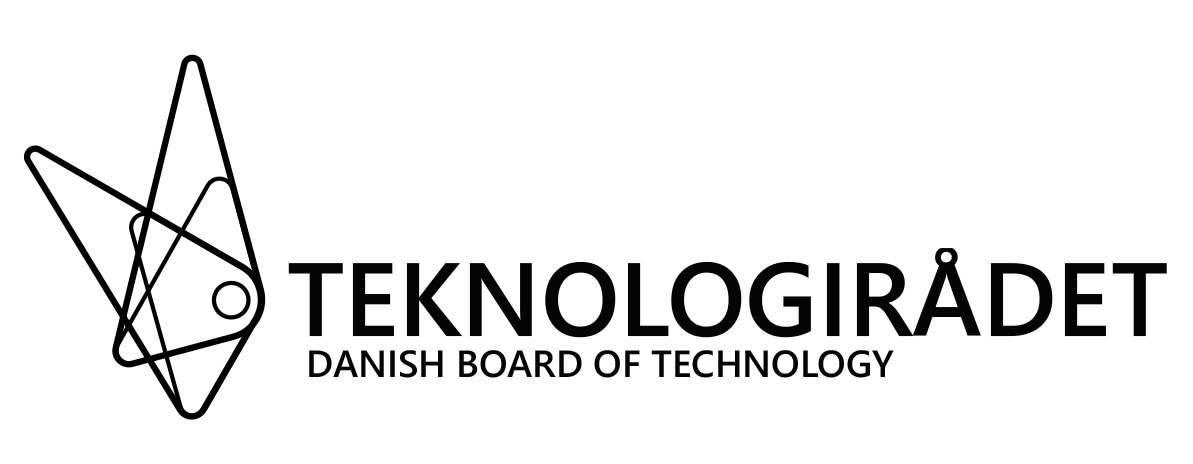Democratizing innovation
The innovation process is dominated by industry, public sector and research. However, civil society possesses great creative potential and we need to see if we can include this undervalued actor to let innovative solutions flourish.
Can we include civil society in the innovation process?
The challenges we are facing globally are complex
They call for setting a new team to find solutions
Traditionally the innovation process has been dominated by the industry, the public sector and research. However, civil society possesses great creative competences too and we need to include these undervalued actors in order to let innovative solutions flourish.
By bringing different voices together in new types of collaborations we avoid blind spots because every actor has specific competences and focus points.
The RiConfigure project exists to make cross-sectoral collaborations thrive and overcome the challenges that the actors might face.
There is a strength in including more diverse voices in the dynamic process, as diversity creates resilience and representativeness.
Together we are stronger and can find with more holistic solutions. Solutions which could not have been developed without the active co-creation by civil society. Read more here about the RiConfigure project which enters the innovation process from an industry perspective.
This video will tell you more about the project
Innovation from a new angle
Different voices have different view points
The 11-member Horizon 2020 project studies the collaboration dynamics of such new ‘big’ partnerships in order to provide much needed conceptual clarity and practical guidance for navigating such partnerships. The project also provides new evidence to policy-makers about the do’s and don’ts of supporting new forms of collaboration. RiConfigure adopts the ‘quadruple helix’ model of open innovation as a general framework for understanding new constellations in which institutions and actors from all sectors of society cooperate on the creation of innovations with the potential to help address grand societal challenges.
The ultimate outcomes of the project will include handbooks, training materials, and a forum for ongoing learning between innovators experimenting with these new forms of collaboration. You can read more about the RiConfigure project which enters the innovation process from a research perspective.
Involving civil society
New format for learning-by-doing: Social Labs
Navigating big innovation partnerships with civil society onboard is an art that we are learning as we go. We cannot rely on existing theory to guide us but must engage in learning-by-doing. Central to RiConfigure is therefore four so-called Social Labs where innovation practitioners from all sectors of society meet to share their experiences and inspirations for navigating big partnerships. You can read more about the RiConfigure project which enters the innovation process from a public sector perspective.
RiConfigure directs the spotlight at a disregarded source of innovative ideas
Failing is also learning
The Social Labs in RiConfigure new constellations from multiple perspectives and in multiple sectors. Maximizing the diversity of the collaboration cases we encounter, we hope to be able to identify common patterns and universally useful lessons that will apply to the full breadth of challenge-oriented research and innovation.
The four social labs we are launching are
- Social Lab I: Has a research perspective; focuses on Internet-of-Things applied to manufacturing and production; takes place in the OstWestfalenLippe region of Germany
- Social Lab II: Has an industry perspective; focuses on collaboration innovation renewable energy; takes place in the Utrecht region in the Netherlands
- Social Lab III: Has a public sector perspective; focuses on open and customer-focused innovation in public transportation; takes place in Vienna, Austria
- Social Lab IV: Has a civil society perspective; focuses on water supplies and water usage in cities; takes place both in the region of Zealand in Denmark and in Bogota, Colombia
Researchers of the project will study in depth how the social labs function, where they succeed and where they fail.
At the end of the project a series of handbooks will be produced targeted the industry, civil society, public sector, academia and policy makers. The booklets will be a easy to follow guide of how to involve civil society in the innovation process. You can read more about the RiConfigure project which enters the innovation process from a civil society perspective.













